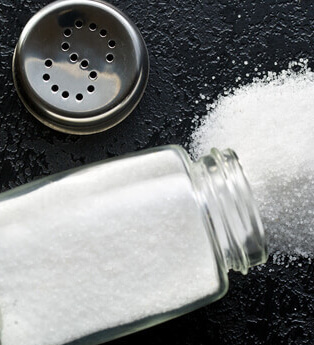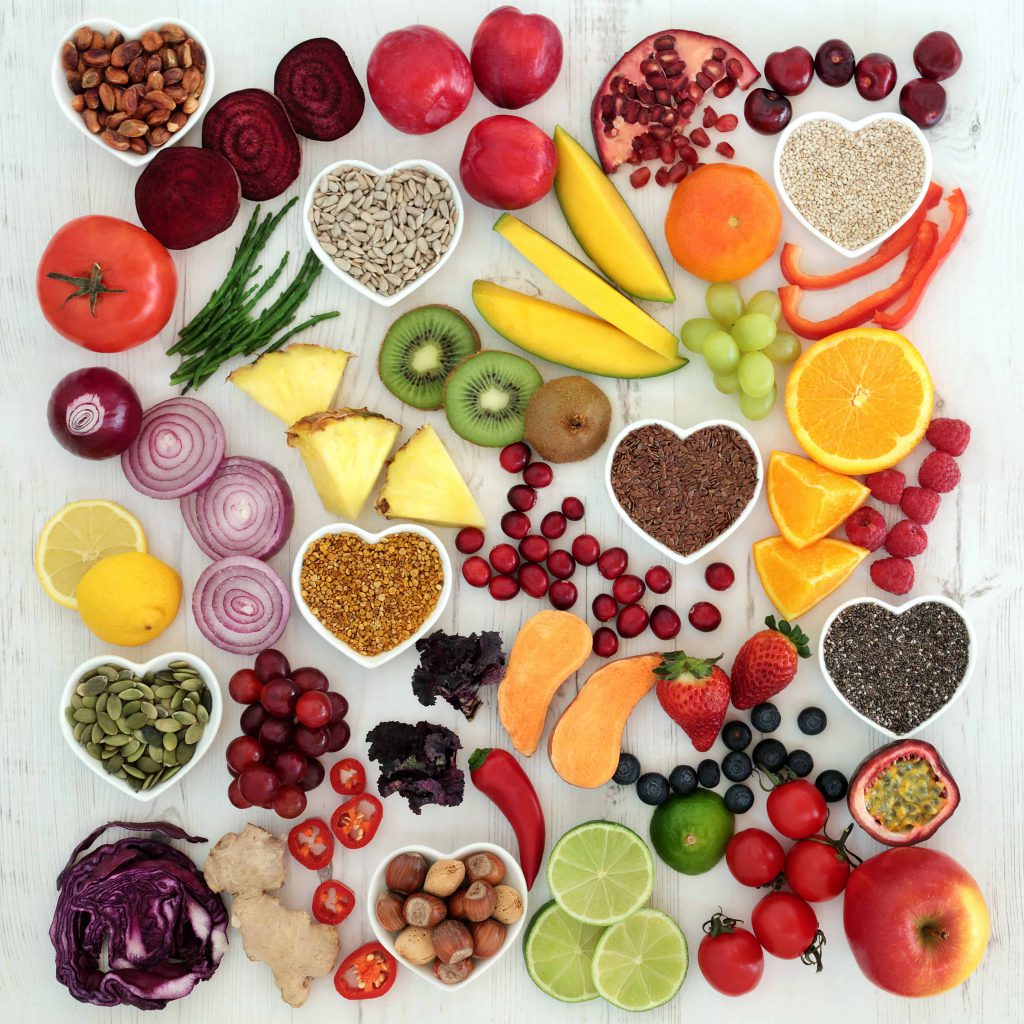Do you know how many milligrams of sodium you ate yesterday?
Was it less than 2300 (which is in line with previous guidelines for adults)? Or perhaps less than 1500 (which is more in keeping with the latest advice)?
I’m sure you don’t know. Neither do I.
And that’s the problem with the current great salt controversy.
The debate focuses on specific daily totals of sodium: 2300 milligrams vs. 1500 vs. some other number. Almost no one knows how much sodium they eat.
I once spoke at a national health conference and asked 300 health professionals if any of them knew their daily sodium intake. Not a single hand went up. No big surprise. It’s a number that’s very difficult for people to calculate. Yet recommendations are given as if knowing that number were the norm.
It appears certain that excessive sodium can be a problem—one that contributes to high blood pressure, heart failure, and strokes. But instead of advice based on an unrealistic calculation, why not target the food itself?
Much more realistic advice focuses on eating fewer of the foods that contribute most to salt intake:
- Deli meat sandwiches
- Pizza
- Burritos/Tacos
Cutting down on these foods is a good way to desalinate our diet, while also eliminating a lot of unhealthy carbs and protein. That is, if we replace those foods with healthier choices.
And some of the replacements would ideally include those naturally high in potassium, proven to lower blood pressure (as shown in studies of the DASH Diet). Foods rich in potassium include: bananas, beans, spinach, avocados, and oranges.
A Practical Salt Action Plan:
Cut down on the amount of deli meat sandwiches, pizza, and burritos/tacos you eat, and replace these foods with more vegetables and fruit. No counting required!
Reference: Foods that Contribute Most to Dietary Sodium
Interested in eating better for your own health?
Learn the essentials of good nutrition in our interactive, user-friendly nutrition learning program for the public.
Clinicians: Do you feel confident responding to patient questions about nutrition?
Take our award-winning condensed interactive nutrition CME—and learn what every clinician should know about nutrition.



